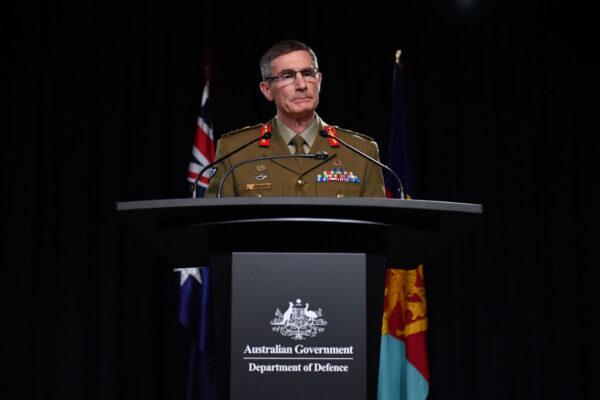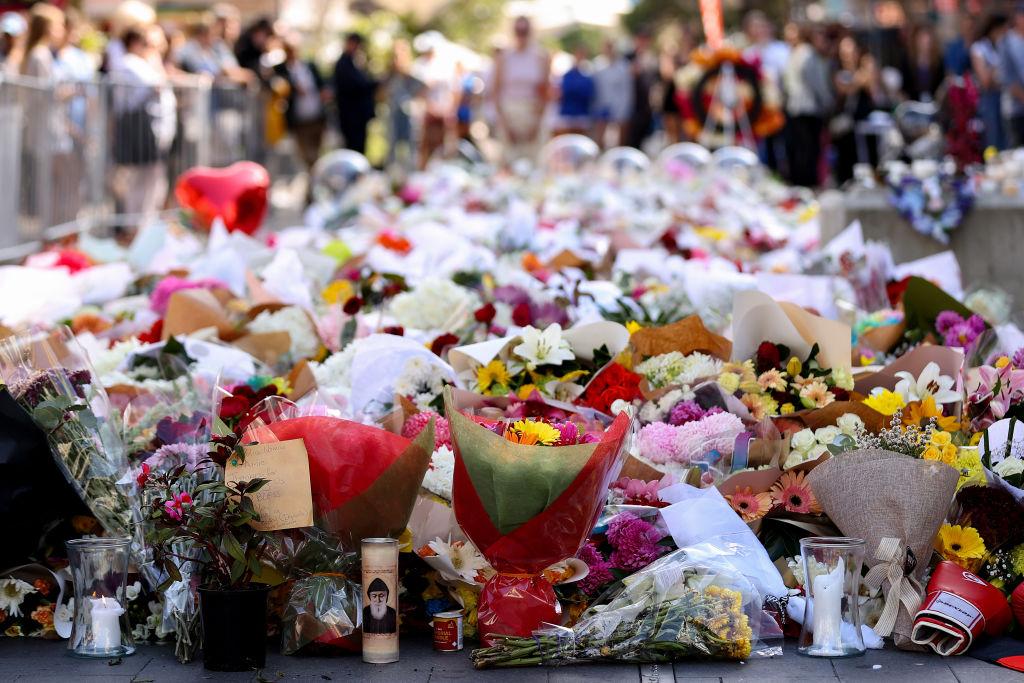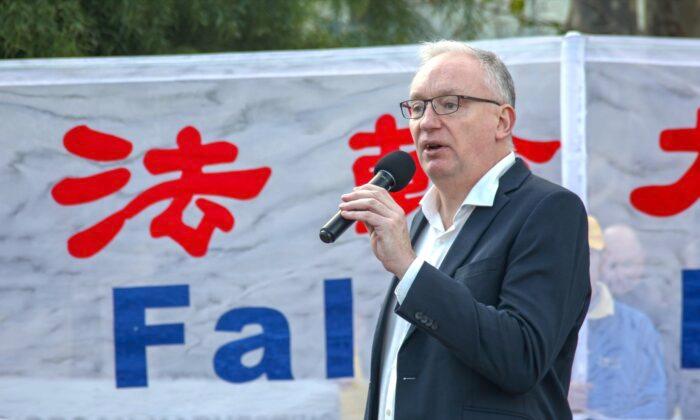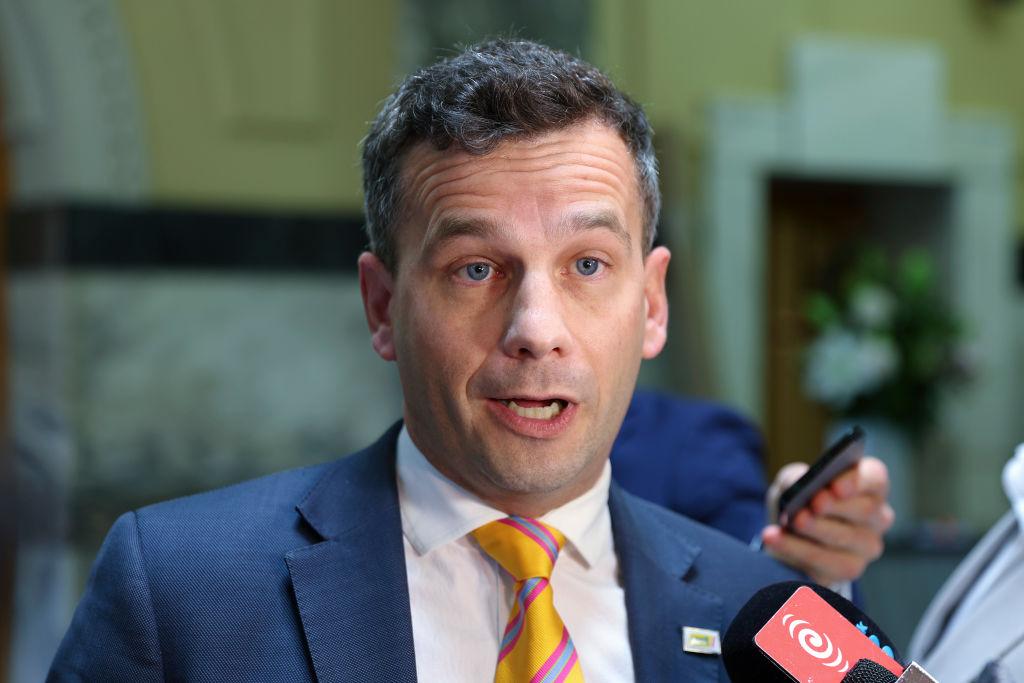A newly established office tasked with criminal investigations into the Australian Special Forces’ war crimes in Afghanistan still has no investigators yet on board.
The Office of Special Investigations (OSI) will look into the four-year Brereton inquiry findings, which found “credible evidence” that 25 Australian soldiers were complicit in the murder of innocent Afghans. Paul Brereton recommended that 19 soldiers be prosecuted for the crimes.
Director-General of the OSI, Chris Moraitis, said the office was still months away from commencing investigations as they continue to search for suitable people to take up the challenging task.
OSI aims to recruit 75 suitable investigators, mainly from the Australia Federal Police (AFP) and state police services, but Moraitis said it had been hard recruiting the right people.

Established in January, the office has been spending the past months sifting through information gathered by the Brereton inquiry and placing some evidence in “quarantine” as the investigations will be based around the redacted version of the report.
This evidence cannot be used in the upcoming investigations because Brereton used statutory powers to compel Special Forces members to provide information to the inquiry. However, in a criminal proceeding, such evidence cannot be used to prosecute someone.
“This process will help ensure that investigators will only receive information they can lawfully obtain and use in criminal investigations. Given the size and complexity of the task, the review of this material by special counsel is expected to take some time,” Moraitis said, referring to Timothy Begbie, the general counsel to the investigation.
Parliament Considers Inquiry into ADF Veteran Suicide
The Senate inquiry comes as ministers in the Lower House spoke about a royal commission into veteran suicides that had just passed parliament.Prime Minister Scott Morrison said he would not be opposing the motion. However, the prime minister noted that a temporary royal commission “is not a silver bullet” to the problem.






Friends Read Free